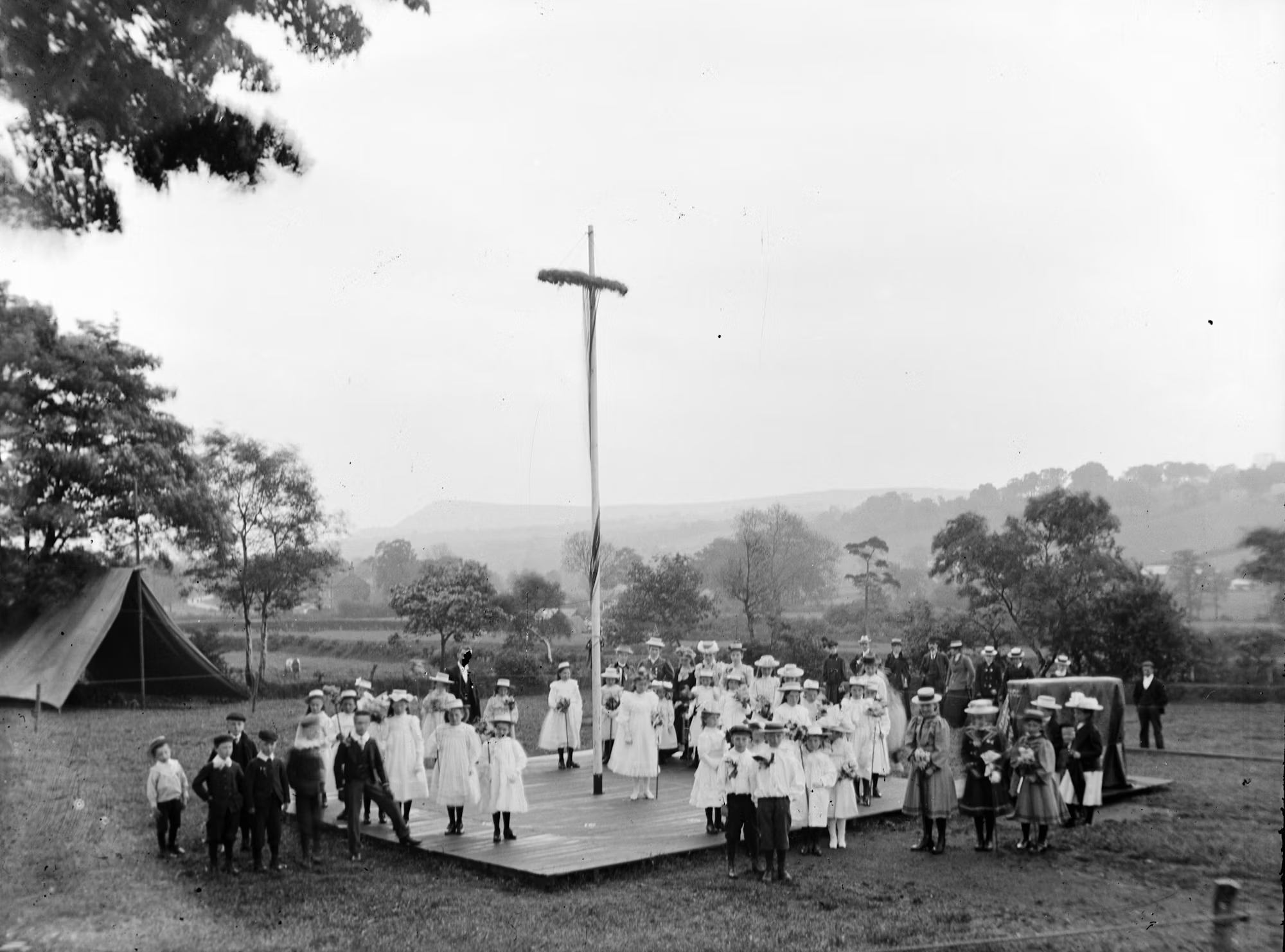Food and drink festivals are a celebration of culture, community, and culinary creativity. These events gather people from all walks of life to indulge in flavors, share traditions, and experience the rich tapestry of global cuisines. From local harvest celebrations to grand international fairs, food festivals play a vital role in preserving culinary heritage and promoting local artisans. This article explores the diverse landscape of food and drink festivals, showcasing their significance and the unique experiences they provide.
One of the most celebrated food festivals in the world is the Taste of Chicago, which has been showcasing the city’s diverse culinary scene since 1980. This festival draws locals and tourists alike, offering a sampling of dishes from renowned restaurants, food trucks, and local chefs. With over 70 food vendors, attendees can explore a wide range of cuisines, from classic Chicago-style deep-dish pizza to international flavors like Greek, Mexican, and Ethiopian. The festival not only highlights the culinary talent in Chicago but also fosters a sense of community as people gather to enjoy food, music, and cultural performances.
In Spain, the La Tomatina festival takes a more unconventional approach to food celebrations. Held annually in the town of Buñol, this unique event involves a massive tomato fight where participants throw ripe tomatoes at each other in a spirited display of fun. La Tomatina originated in 1945 as a playful local event and has since evolved into a world-famous attraction. Beyond the playful chaos, the festival emphasizes the importance of community, bringing people together in a joyous celebration of food and friendship. The vibrant atmosphere, combined with the spirit of camaraderie, makes La Tomatina an unforgettable experience for both participants and onlookers.
The Oktoberfest in Munich, Germany, is another iconic food and drink festival that celebrates beer, traditional Bavarian cuisine, and local culture. Originally held to celebrate a royal wedding in 1810, Oktoberfest has transformed into the world’s largest beer festival, attracting millions of visitors each year. The festival features massive beer tents, where guests can enjoy a variety of local brews alongside traditional dishes such as pretzels, sausages, and roasted chicken. Oktoberfest is not just about drinking; it’s a celebration of Bavarian culture, complete with folk music, traditional dances, and colorful parades. The sense of community and shared enjoyment during this festival exemplifies how food and drink can unite people from different backgrounds.
In Japan, the cherry blossom season is celebrated not only for its breathtaking beauty but also through a delightful food festival known as Hanami. During this time, people gather in parks to enjoy picnics under blooming cherry trees, savoring seasonal delicacies such as sakura mochi (sweet rice cakes) and bento boxes filled with various dishes. Hanami is a time to appreciate nature and share food with family and friends, embodying the essence of community. The celebration highlights the connection between food, culture, and the changing seasons, emphasizing the importance of enjoying life’s fleeting moments.
The New Orleans Wine & Food Experience showcases the culinary prowess of the Crescent City, blending local flavors with international influences. This festival features wine tastings, culinary demonstrations, and exquisite dining experiences prepared by renowned chefs. The event promotes the city’s rich gastronomic heritage, allowing attendees to indulge in Creole and Cajun cuisines while discovering new culinary trends. New Orleans is known for its vibrant food culture, and this festival embodies the city’s spirit, where food is a central part of social gatherings and celebrations.
In addition to these larger festivals, smaller regional events play a crucial role in promoting local culinary traditions. The Gilroy Garlic Festival in California, for example, celebrates all things garlic, featuring dishes that highlight this flavorful ingredient. Attendees can enjoy garlic-infused dishes, participate in cooking contests, and even attend garlic-themed workshops. This festival not only promotes local agriculture but also fosters a sense of community as people come together to celebrate their shared love for food.
Moreover, the Melbourne Food and Wine Festival in Australia is a vibrant celebration that showcases the best of the country’s culinary scene. Featuring renowned chefs, local producers, and a variety of events, this festival allows attendees to experience the diverse flavors of Australian cuisine. From wine tastings to food masterclasses, the festival offers opportunities for culinary exploration and education, promoting a deeper appreciation for local ingredients and cooking techniques.
As food and drink festivals continue to evolve, many are embracing sustainability and promoting local sourcing. Events like the Green Festival in San Francisco focus on eco-friendly practices, highlighting organic and sustainable food options. By encouraging participants to consider their impact on the environment, these festivals inspire a culture of conscious consumption. The emphasis on sustainability not only enriches the festival experience but also promotes a shared responsibility toward our planet and future generations.
Culinary festivals also provide a platform for cultural exchange, allowing attendees to explore and appreciate cuisines from around the world. The International Food Festival in Paris brings together diverse culinary traditions, featuring dishes from various countries and cultures. Attendees can sample everything from French pastries to Middle Eastern delicacies, celebrating the rich diversity of global flavors. This festival fosters dialogue and understanding, showcasing how food can transcend borders and unite people in shared experiences.
In conclusion, food and drink festivals are vibrant celebrations that play a significant role in cultural preservation, community building, and culinary exploration. They offer unique opportunities for individuals to come together, share traditions, and indulge in diverse flavors. Whether through large-scale events like Oktoberfest or intimate gatherings like local harvest festivals, the spirit of food unites us all, reminding us of the joy that comes from sharing meals and experiences with others. As we continue to embrace the diverse culinary landscape of our world, these festivals will remain essential in celebrating the art of food and the connections it fosters among people.





